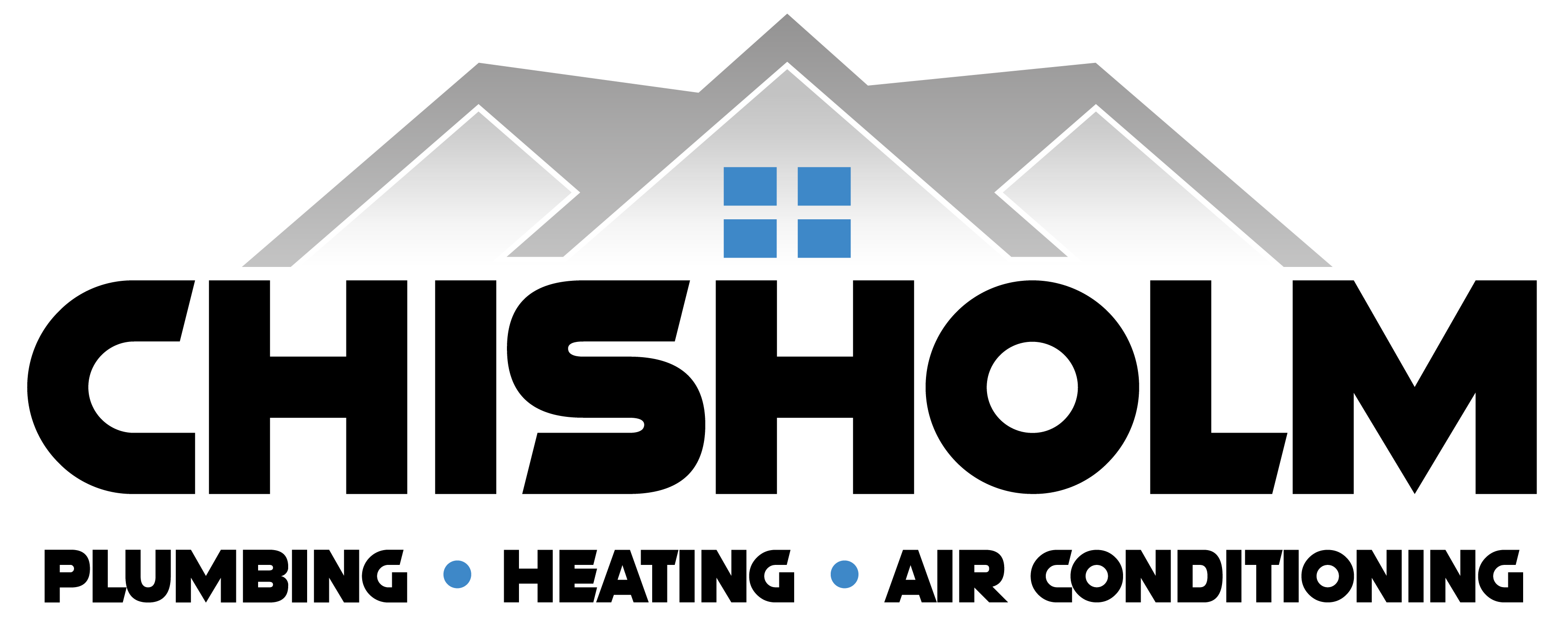Few plumbing problems strike fear in a homeowner’s heart like a sewer backup. It’s messy, smelly, and can quickly turn into a costly disaster. Beyond the damage to floors, walls, and belongings, sewage water carries bacteria and contaminants that make cleanup a serious health hazard.
Here in Greenville, Greer, and the rest of Upstate South Carolina, sewer backups are more common than many people realize. Older neighborhoods with aging pipes, tree-lined streets, and periods of heavy rainfall create the perfect recipe for a messy surprise.
The good news? Most backups are preventable with the right care and awareness. Let’s look at what causes them, and what you can do to protect your home.
How Sewer Systems Work in a Home
Every drain in your home, from the kitchen sink to the shower to the toilet, connects to your home’s main sewer line. This underground pipe carries wastewater away from your house and into the municipal sewer system (or to a septic tank if you’re not connected to city sewer).
When everything’s working properly, you hardly notice this process. But if the main sewer line becomes blocked or damaged, wastewater has nowhere to go, and that’s when it can start flowing back into your sinks, tubs, and toilets.
Top Causes of Sewer Backups
1. Tree Root Intrusion
In older neighborhoods around Greenville and Greer, mature trees often have extensive root systems. These roots naturally seek out moisture, and even the smallest crack in a sewer pipe can invite them in. Once inside, roots can grow rapidly, causing blockages or even breaking the pipe apart.
2. Clogs from Grease, Wipes, and Other Debris
Your sewer line is only designed to carry water, human waste, and toilet paper. Anything else is a clog risk. Common offenders include:
- Cooking grease and oil (which solidify in pipes)
- “Flushable” wipes (which don’t break down like toilet paper)
- Feminine hygiene products, paper towels, and dental floss
Over time, these items can build up and completely block the line.
3. Collapsed or Broken Pipes
Many older homes in Upstate SC still have clay or cast iron sewer lines. These materials can deteriorate over decades, leading to cracks, collapses, and misaligned joints. Even PVC pipes can be damaged by shifting soil or construction work.
4. Heavy Rain and Flooding
After a stretch of intense rain, something we get plenty of in the summer, the municipal sewer system can become overwhelmed. When that happens, water can back up into connected homes, especially if the property’s sewer lateral is already partially blocked.
5. City Sewer Problems
Sometimes the issue isn’t on your property at all. If the city’s main sewer line has a blockage or break, backups can occur in nearby homes. In these cases, the city is usually responsible for repairs, but you still have to deal with the mess.
Warning Signs of a Developing Backup
Most sewer backups don’t happen out of nowhere, your plumbing often sends warning signs first. Keep an eye out for:
- Gurgling drains when you run water or flush a toilet.
- Multiple slow drains throughout the house.
- Foul odors coming from sinks, tubs, or floor drains.
- Water backing up in a lower-level fixture when another is in use (e.g., flushing a toilet causes water to rise in the shower).
Catching these signs early can save you from a full-blown backup.
What to Do if You Have a Sewer Backup
If you discover sewage coming up into your home:
- Stop using all water immediately, this prevents more wastewater from entering the system.
- Keep people and pets away from the affected area to avoid exposure to bacteria.
- Shut off the electricity to affected rooms if water levels are high.
- Call a professional plumber right away, sewer backups are not a DIY job.
At Chisholm Plumbing, Heating & Air Conditioning, we have specialized equipment to locate the blockage, clear it safely, and prevent further damage.
How to Prevent Sewer Backups
Prevention is always better than dealing with a messy cleanup. Here’s how to reduce your risk:
1. Schedule Regular Drain Cleaning
Annual or semi-annual drain cleaning helps remove buildup before it becomes a major clog. We use camera inspections to check the health of your main line.
2. Manage Tree Roots
If you have large trees near your sewer line, regular inspections are essential. In some cases, we can use root-killing treatments to stop growth before it causes damage.
3. Watch What You Flush and Pour
Only flush toilet paper and human waste. Pour grease into a container and throw it in the trash instead of down the drain.
4. Install a Backwater Valve
This device allows wastewater to flow out but blocks it from coming back in during a city sewer overflow.
5. Get Professional Inspections
If your home is older, or you’ve experienced backups before, a professional inspection can catch small problems early, saving you from a costly emergency later.
Call Us!
Sewer backups are messy, costly, and dangerous, but in many cases, they’re preventable. By understanding the common causes, recognizing early warning signs, and scheduling regular inspections, you can protect your home from disaster.
If you live in Greenville, Greer, or anywhere in the Upstate and suspect a problem with your sewer line, don’t wait for it to get worse.
Call Chisholm Plumbing, Heating & Air Conditioning today for expert sewer and drain service, backed by over 50 years of combined experience and a commitment to protecting your home.
